Involving young people in democracy
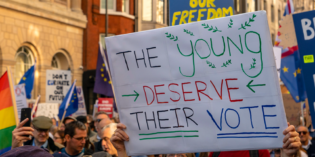
What happens when the voting age is lowered to 16? A decade of evidence from Austria
Lowering the voting age to 16 is being discussed in several countries, but how do 16- and 17-year-olds compare to older first-time voters? In a new book chapter, Julian Aichholzer and Sylvia Kritzinger answer this question by looking at a decade of empirical evidence from Austria, where voting at 16 was introduced for national elections in 2007. Overall, they find that the evidence is encouraging for supporters of voting age reform, with younger citizens in general voting more than older first-time voters and expressing relatively high levels of trust in democratic participation. This has implications for policy-makers and contributes to an evidence-based debate about youth political engagement and electoral turnout.
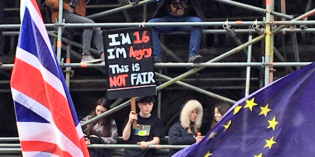
Our student generation has been disenfranchised
The latest generation of university undergraduates has been excluded from participating in an issue that will shape their future, leaving the EU. Chris Game details how this came about, and how approaches to youth participation now divide the parties and the nations of the UK.

Youth political engagement in the EU: The age of a democracy accounts for variations in levels of youth participation
While socio-demographic characteristics (at individual level) matter for levels of political participation, country-level characteristics have an effect as well. Magdelina Kitanova shows that the democratic maturity of a country influences patterns of political participation among young people in the EU. Youth political engagement varies significantly, and young individuals living in established democracies are more likely to be politically active.
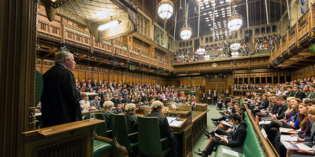
Unpaid internships in Parliament are a barrier to widening political participation
Many people who work in Parliament have previously worked unpaid for MPs, or found their current job through personal connections. Rebecca Montacute argues that to create a Parliament that is trusted and better represents the electorate, it is time to change these practices to ensure people from less privileged backgrounds have equal opportunities to pursue a career in politics.
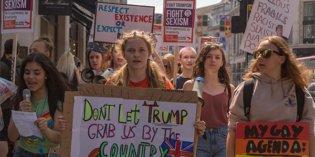
Youthquake 2017: how the rise of young cosmopolitans in Britain could transform politics
In a new book, James Sloam and Matt Henn examine the much-disputed rise in political participation of 18–24 year olds in the UK. They find that the overwhelming majority share a set of cosmopolitan cultural values, which has significant implications for long-term voting patterns and the increasingly entrenched intergenerational politics.
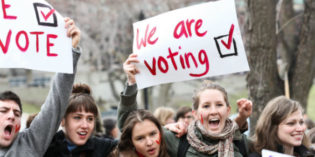
Will the ‘youthquake’ shake up the 2018 local elections?
Youth engagement was heralded by some as a key factor in the 2017 UK general election result but what impact could it have in the 2018 local elections? Erica Belcher argues that this enthusiasm may not necessarily translate to the local level, but it’s more important than ever for young people to engage in local politics.

Outside the south-east, Britain’s towns are struggling to hold on to their young people
Many of Britain’s towns are shrinking; big-city Britain is largely thriving. Taking south Wales as an example of these divisions, Ian Warren explains why his new Centre for Towns will advocate for the future of our towns, particularly during a period when both major parties in the UK parliament appear committed to city regions. Merthyr Tydfil, […]

Votes at 16: we need a proper conversation about when adulthood begins
The vexed question of whether people should be allowed to vote from the age of 16 has returned to the Commons with Jim McMahon MP’s Private Member’s Bill. Many argue – citing the Scottish independence referendum – that it would provide a democratic stimulus. Yet the evidence for that is lacking, say Andy Mycock (University of […]

Inheritance, patriarchy, the social contract: the perils of invoking ‘generation’ in politics
Generation is a pivotal concept in contemporary politics, but not enough attention is paid to the way in which it operates ideologically. Ben Little and Alison Winch explain the different meanings of generation in political culture – which originated when Edmund Burke invoked the concept to bind people to the state – and highlight the tension between them. […]



 Democratic Audit's core funding is provided by the Joseph Rowntree Charitable Trust. Additional funding is provided by the London School of Economics.
Democratic Audit's core funding is provided by the Joseph Rowntree Charitable Trust. Additional funding is provided by the London School of Economics.